USCIS reminds F-1 students on Optional Practical Training (OPT) that transferring to another school or beginning study at another educational level (for example, beginning a master’s program after completing a bachelor’s degree) automatically terminates their OPT as well as their corresponding work permit or employment authorization document (EAD).
Although authorization to engage in OPT ends upon transferring to a different school or changing educational level, students in F-1 status will not be otherwise affected as long as they comply with all requirements for maintaining their student status. These requirements include not working with a terminated EAD, because termination means that students are no longer authorized to work in the United States. Working in the United States without authorization has serious immigration consequences, including removal from the country and bars on reentry. Furthermore, remaining in the United States in violation of lawful nonimmigrant status could lead to an accrual of unlawful presence which includes another set of penalties under the Immigration and Nationality Act.
Currently, U.S. Immigration and Customs Enforcement’s (ICE) Student and Exchange Visitor Program (SEVP) informs USCIS of the termination date, and the OPT termination is automatic under current regulations. USCIS has updated its systems and will begin to enter the EAD termination date into these systems after being notified by SEVP. USCIS will notify affected students and provide them with an opportunity to correct any errors in the record via their designated school official (DSO). This process is intended to strengthen the integrity of the F-1 and OPT programs, to ensure consistency between SEVP and USCIS systems, and to inform students of possible consequences of working with a terminated EAD.

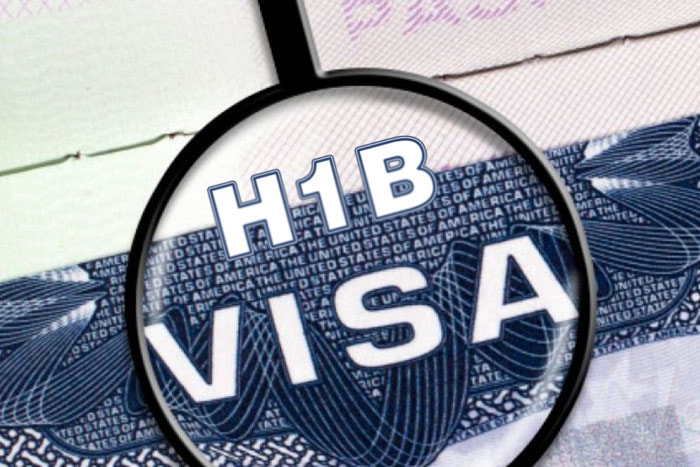
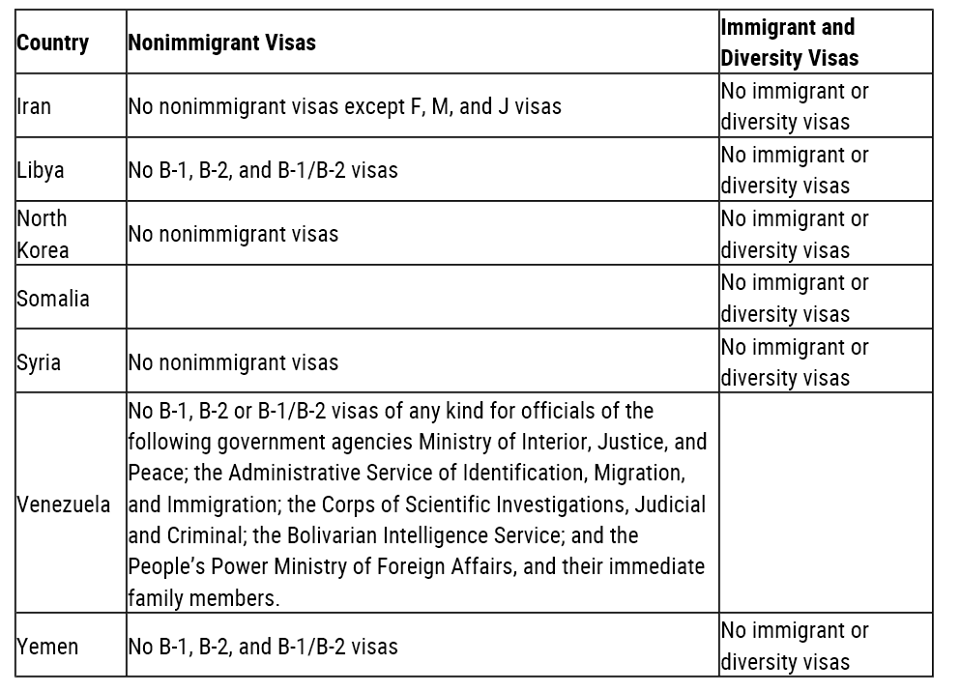
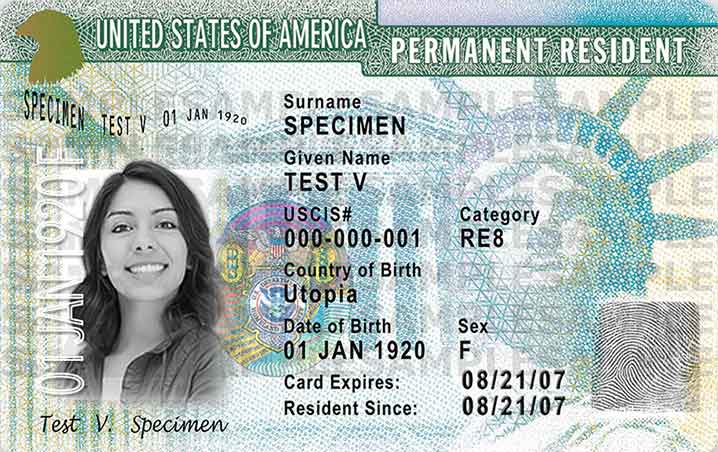
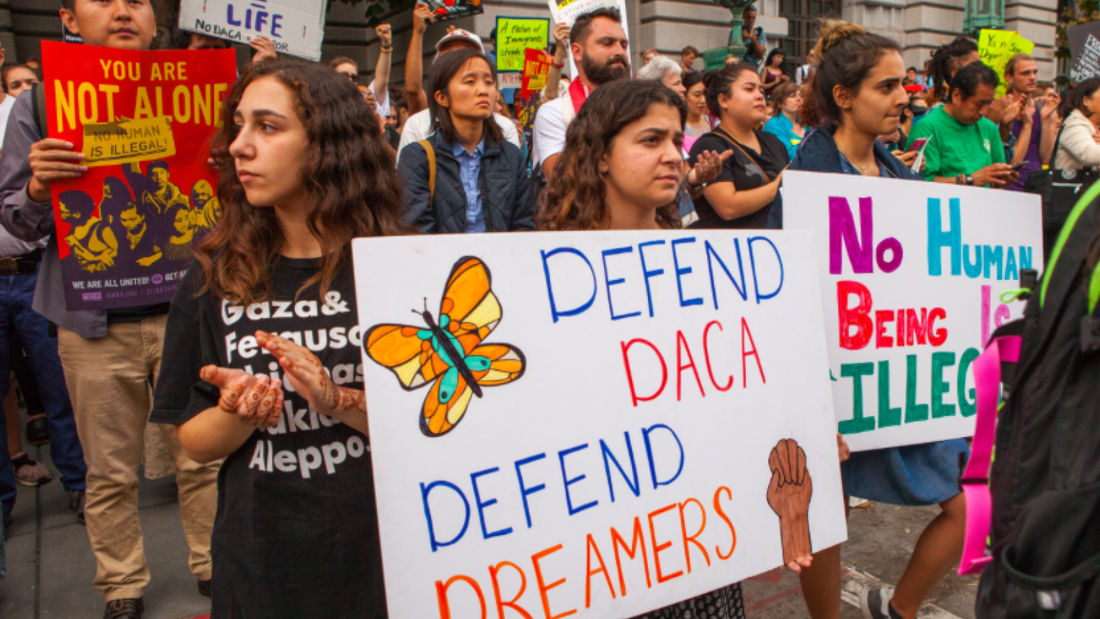

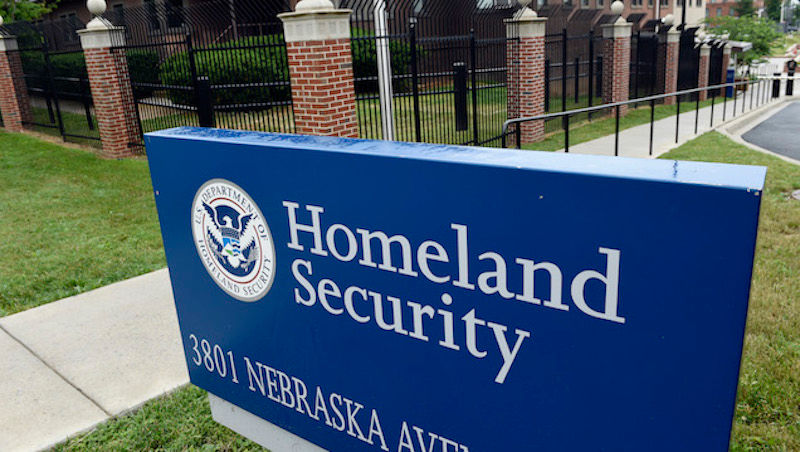


 RSS Feed
RSS Feed